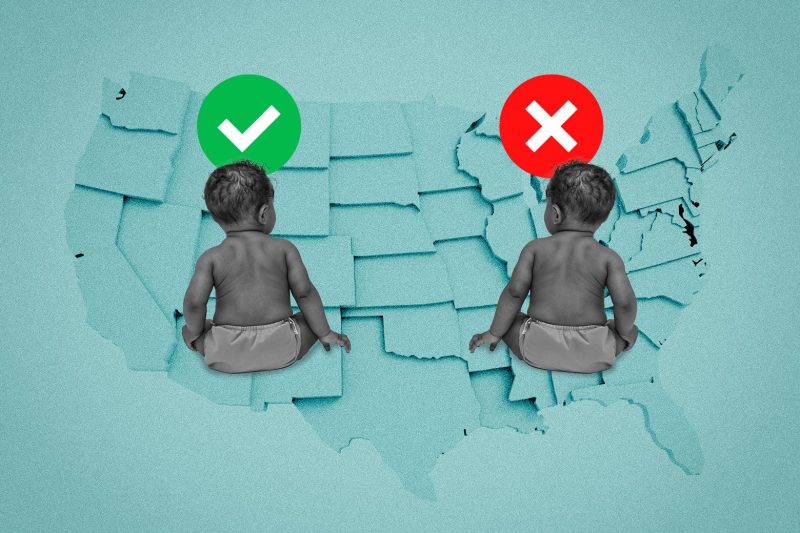
The potential dismantling of birthright citizenship, as advocated by the Trump administration, presents a complex and controversial issue with far-reaching consequences. Imagine you’re pregnant, living in the United States, and expecting a child. Under current law, your child would automatically become a US citizen, regardless of your own immigration status. This is the principle of birthright citizenship, enshrined in the 14th Amendment of the Constitution.
However, the Trump administration sought to challenge this long-standing legal precedent. Their argument centered on a narrow interpretation of the 14th Amendment, suggesting that birthright citizenship only applies to children born to citizens or legal residents. This interpretation, if adopted, would have drastically altered the landscape of immigration and citizenship in the United States.
The implications of such a change would have been profound. Countless children born to undocumented immigrants would be denied citizenship, potentially leading to a new class of stateless individuals within the country. This would have created significant challenges for families, social services, and the legal system as a whole. Furthermore, it would have raised serious questions about the fundamental rights of individuals born within the nation’s borders.
The debate over birthright citizenship highlights the ongoing tension between legal interpretations, constitutional rights, and national immigration policies. While the Trump administration’s efforts to alter this established legal principle ultimately failed, the very attempt underscores the fragility of established rights and the potential for dramatic shifts in national policy. The implications of this ongoing debate continue to resonate today, reminding us of the importance of a nuanced and informed understanding of citizenship and immigration law.
This situation serves as a powerful reminder of the ongoing discussions and potential changes within US immigration policy, and the need for continued awareness and engagement in these critical conversations.










